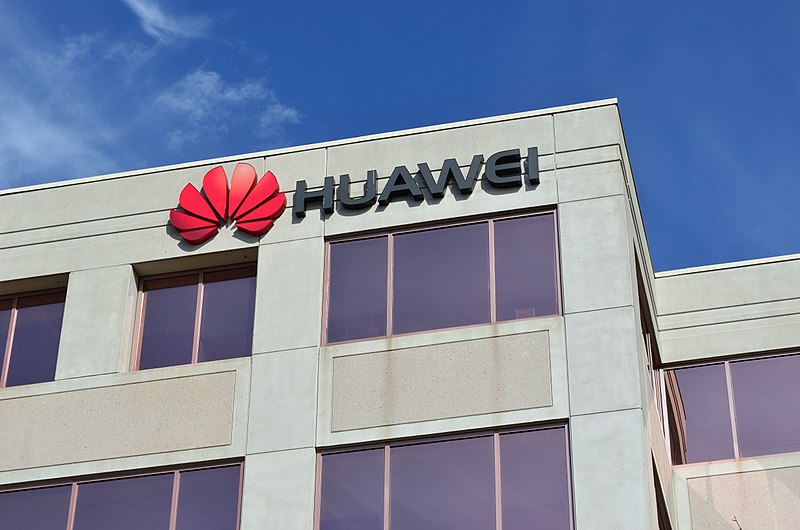Meng Wanzhou, the deputy chairwoman and chief financial officer of Huawei, has been granted bail after getting arrested in Canada earlier this month. The bail amount was set at $10 million Canadian Dollars (or approximately $7.5 million U.S. Dollars). The bail was provided by her husband and four former colleagues who pledged cash and home equity, according to Bloomberg. Huawei was founded by Wanzhou’s father Ren Zhengfei in 1987.
Wanzhou was arrested because there was a U.S. warrant out for her arrest after an investigation determined that she allegedly defrauded banks in order to enable Huawei to conduct business in Iran. The U.S. has sanctions against companies doing business in Iran. Wanzhou is currently facing extradition to the U.S.

The U.S. government said that Huawei used a small Hong Kong-based technology company called Skycom to conduct business with Iran. And this activity would be in violation of U.S. sanctions against Iran.
Wanzhou is still facing extradition to the U.S. But as part of the bail agreement, Wanzhou will have to surrender her passport, wear a GPS tracker, and have a security team around her. Plus the police will have to make unannounced visits to her residence in Vancouver, which is the location where she was arrested.
The trade war discussions between the U.S. and China were already tense and this incident added fuel to the fire. Le Yucheng, the Vice Foreign Minister of China, threatened Canada of “grave consequences” if Wanzhou was not released. And U.S. President Donald Trump told Reuters that he would intervene in this case if he thinks it is “good for what will be certainly the largest trade deal ever made — which is a very important thing — what’s good for national security.”
A number of Chinese companies and businesses are ordering its employees to boycott products from U.S. companies such as Apple’s iPhones otherwise they will be punished. And some companies are also offering subsidies to purchase Chinese smartphones.
Major companies and governments have not publicly endorsed the boycotts, but a number of smaller suppliers have done so. For example, an electronics parts supplier called Menpad said that its employees will receive a 15% subsidy if they purchase phones from Chinese companies like Huawei and ZTE, according to CNN.


